The Hong Kong Special Administrative Region (HKSAR) government on Wednesday said it aims to direct more than 54 billion Hong Kong dollars (about 7 billion U.S. dollars) to the financial hub's anti-COVID-19 work in the new financial year.
"At this critical time, we need to direct more resources to relieve people's hardship and provide small and medium-sized enterprises (SMEs) with some breathing space so as to stabilize the economy and maintain public confidence," said Paul Chan, financial secretary of the HKSAR government, in the 2022-23 budget speech.
With the latest local and external situations as well as the stimulus effect of the fiscal measures, Chan forecast that Hong Kong's economy will put up a better performance in the second half of this year and achieve a growth of 2 to 3.5 percent in real terms for the year as a whole.
About 22 billion Hong Kong dollars will be used to strengthen the COVID-19 testing work and support the HKSAR Hospital Authority, while a further injection of 12 billion dollars will be injected into the Anti-epidemic Fund for the construction of various anti-epidemic related facilities.
Chan said another 20 billion Hong Kong dollars have been earmarked for other potential anti-epidemic needs.
"We will provide full support to fight the epidemic should more resources be required," he said in the speech via video link to members of the Legislative Council.
The budget highlights enhancing Hong Kong's economic resilience and enriching industrial development.
"During this critical juncture of fighting the epidemic, we must take all necessary measures to preserve the vitality of the economy, in particular the survival of SMEs, and strive to safeguard jobs," he said.
The financial secretary proposed reducing profits tax for the year of assessment 2021/22 by 100 percent, a measure expected to benefit 151,000 businesses and reduce government revenue by 1.2 billion Hong Kong dollars.
It is estimated that the counter-cyclical measures which cost a total of over 170 billion Hong Kong dollars in the budget, together with the spending in infrastructure projects and other items, will have a fiscal stimulus effect of boosting the economy by around 3 percentage points, Chan said.
"I forecast that Hong Kong's economy will grow by an average of 3 percent per annum in real terms from 2023 to 2026, slightly higher than the trend growth of 2.8 percent during the decade before the pandemic," he said.








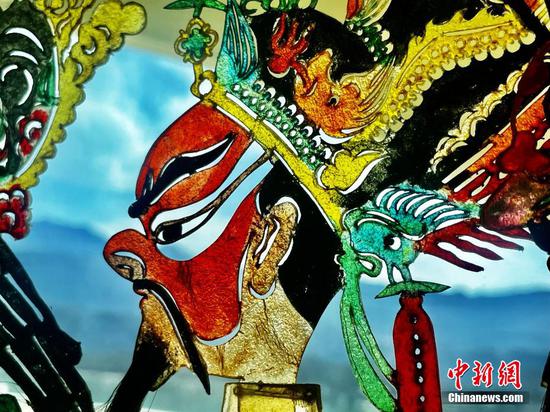


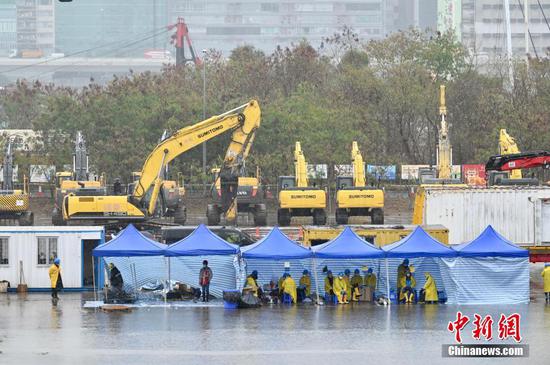



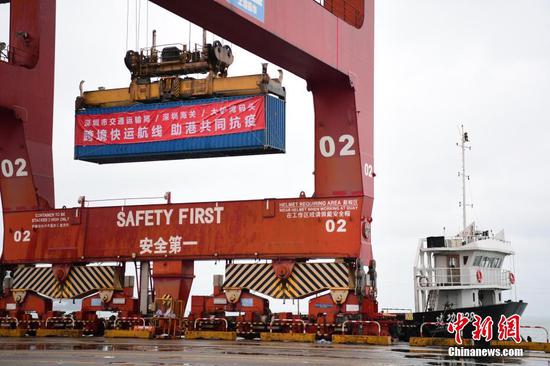
















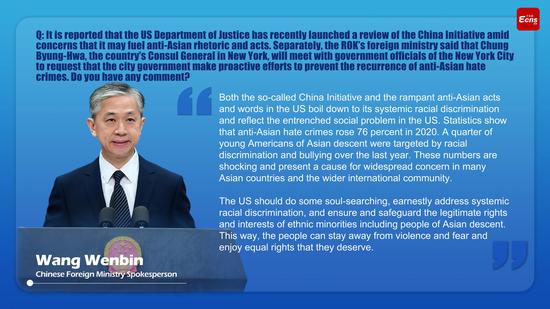




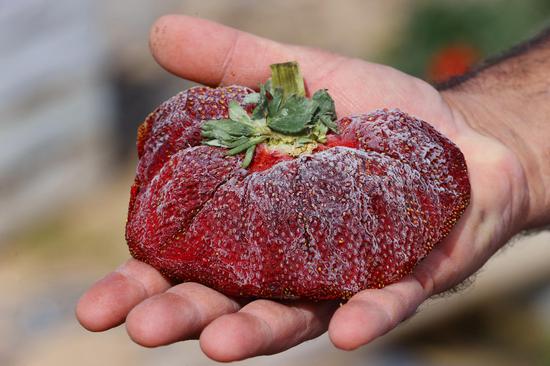





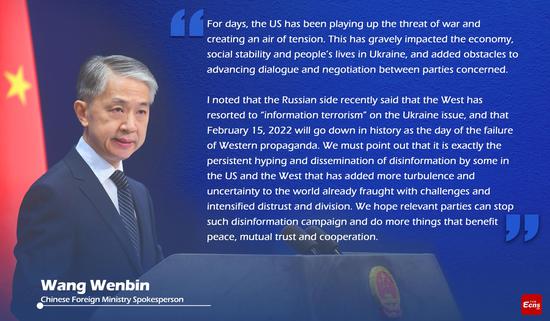






 京公网安备 11010202009201号
京公网安备 11010202009201号